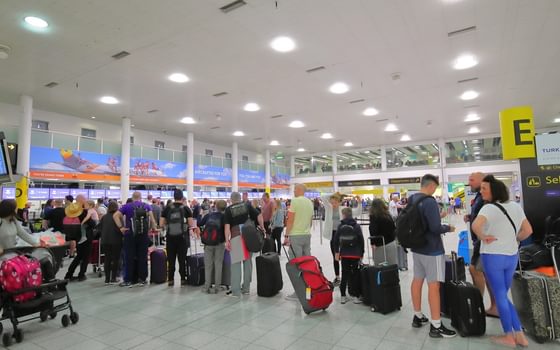Up in Smoke? Latin America and the Caribbean
The threat from climate change to the environment and human development?
28 August 2006
Up in Smoke? Latin America and the Caribbeanis the third report from the Working Group on Climate Change and Development, also known as the Up in Smoke? coalition.
Hurricane Katrina dominated news headlines around the world in 2005, but, as the report documents, other hurricanes and extreme events in the region have gone largely unreported.
The report confirms that largely regular and predictable temperature and rainfall patterns, are changing, becoming less predictable and often more extreme.
It catalogues the impact of climate change and environmental degradation ranging from drought in the Amazon to floods in Haiti and elsewhere; vanishing glaciers in Colombia to extreme cold in the Andes; and hurricanes, not only in Central America and the Caribbean, but also in southern Brazil.
Across the region the capacity of natural ecosystems to act as buffers against extreme weather events and other shocks is being undermined leaving people more vulnerable.
The report, with a foreword by Juan Mayr, one of the world’s leading environmentalists and former Colombian Environment Minister, calls on wealthy, developed countries to take responsibility for the damage that climate change is already causing, to reduce and stabilise emissions and, critically, for a new development model for Latin America and the Caribbean that will set the region on a path to sustainable development.
The groups publishing Up in smoke? Latin America and the Caribbean are: ActionAid, Bird Life International, CAFOD, Christian Aid, Columban Faith and Justice, Friends of the Earth, Greenpeace, IIED (International Institute for Environment and Development), MedAct, nef (the new economics foundation), Operation Noah, Panos, People & Planet, Practical Action (formerly ITDG), Progressio (formerly CIIR), RSPB, Tearfund, teri Europe, WWF, Worldvision International.






